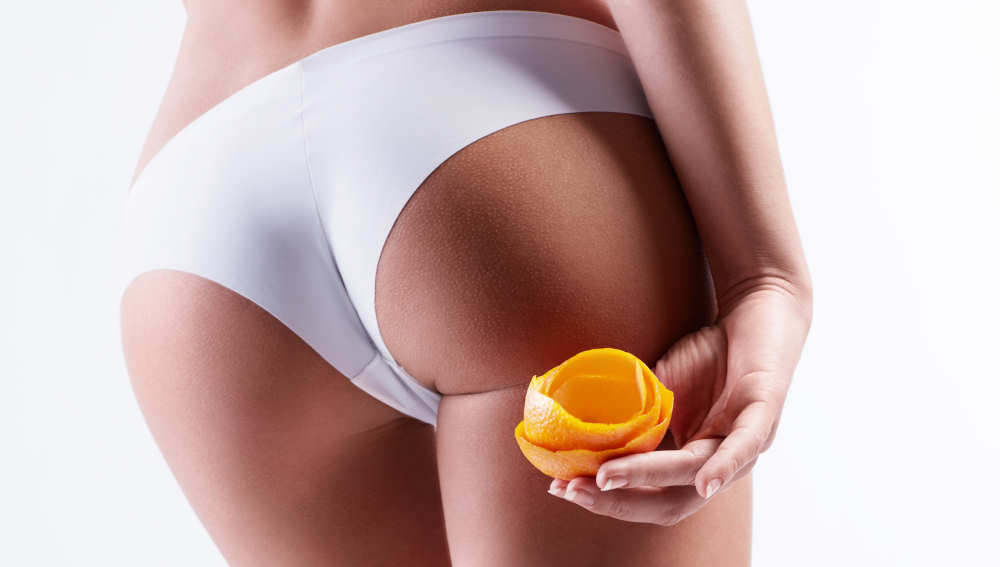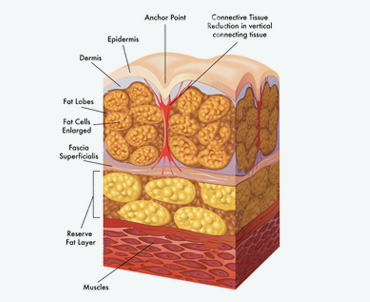
Tissue stabilized – guided subcision
by Cellulite Institute editorial staff

Tissue stabilized – guided subcision
Cellulite affects 90% of women and is visible with the classic “orange peel” skin, mattress effect, unsightly dimples and depressions.
The areas of the body where cellulite tends to lurk are:
- Thighs
- Buttocks
However, it can “appear” anywhere, including:
- Abdomen
- Arms
- Legs
There are many causes of cellulite; there may be multi-factorial or aggravating situations, but the most common include:
- Ageing
- Hormones
- Genetics
- Changes in weight
- FIBROUS SEPTAE
These factors can highlight orange peel skin in a marked and visible way.
How can that be possible?
- The adipose cells increase in volume
- the subcutaneous fibrous septae trap them
- the fat pushes on the skin
- this is seen as that crater and dimple effect
A healthy lifestyle with proper nutrition and regular physical exercise helps reduce the visible effect of cellulite. Treatments should do the rest even if in many cases this has not been proven.
How do the treatments work?
Many anti-cellulite treatments act:
- superficially
- by improving the functioning of microcirculation and the lymphatic system
- few treat cellulite at the structural level.
Severing of fibrous septae
This is a technique that acts at a structural level, severing the thickened fibrous septae responsible for the formation of orange-peel skin.
Tissue stabilized – guided subcision: non-surgical and minimally invasive
Tissue-stabilized guided subcision, approved by the FDA for the thighs and buttocks, involves severing the fibrous septae for improving the appearance of cellulite It is an outpatient procedure lasting 45-60 minutes.
Tissue stabilized – guided subcision: what to know
The treatment in brief:
- Mild side effects (pain, bruising and hemosiderosis)
- Improvement in the appearance of the skin of thighs and buttocks
- Leaves no scars
- Lasting results up to 2 years
- Fast procedure and without convalescence
- Non-surgical
- Minimally invasive
The features of this treatment can be summarised as follows:
- Non-invasive
- Non-surgical
- THIGHS AND BUTTOCKS
- Authorisation by the FDA and EC certification as an anti-cellulite treatment
- Results can last for 2 years
- State-of-the-art technology that allows severing of the fibrous septae
- Low risk of side effects
- Treatment takes 45 minutes
- Local anaesthesia
- Does not require a period of convalescence
- Leaves no scars
Side effects
Side effects may include:
- Bruising
- Swelling
- Pain
- Localised redness
This long-term treatment always requires an expert doctor or plastic surgeon working in appropriate facilities. The choice of doctor and facility are part of the success of treatment and satisfaction with results.



